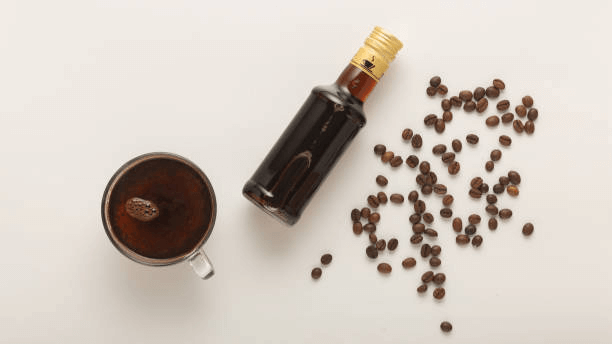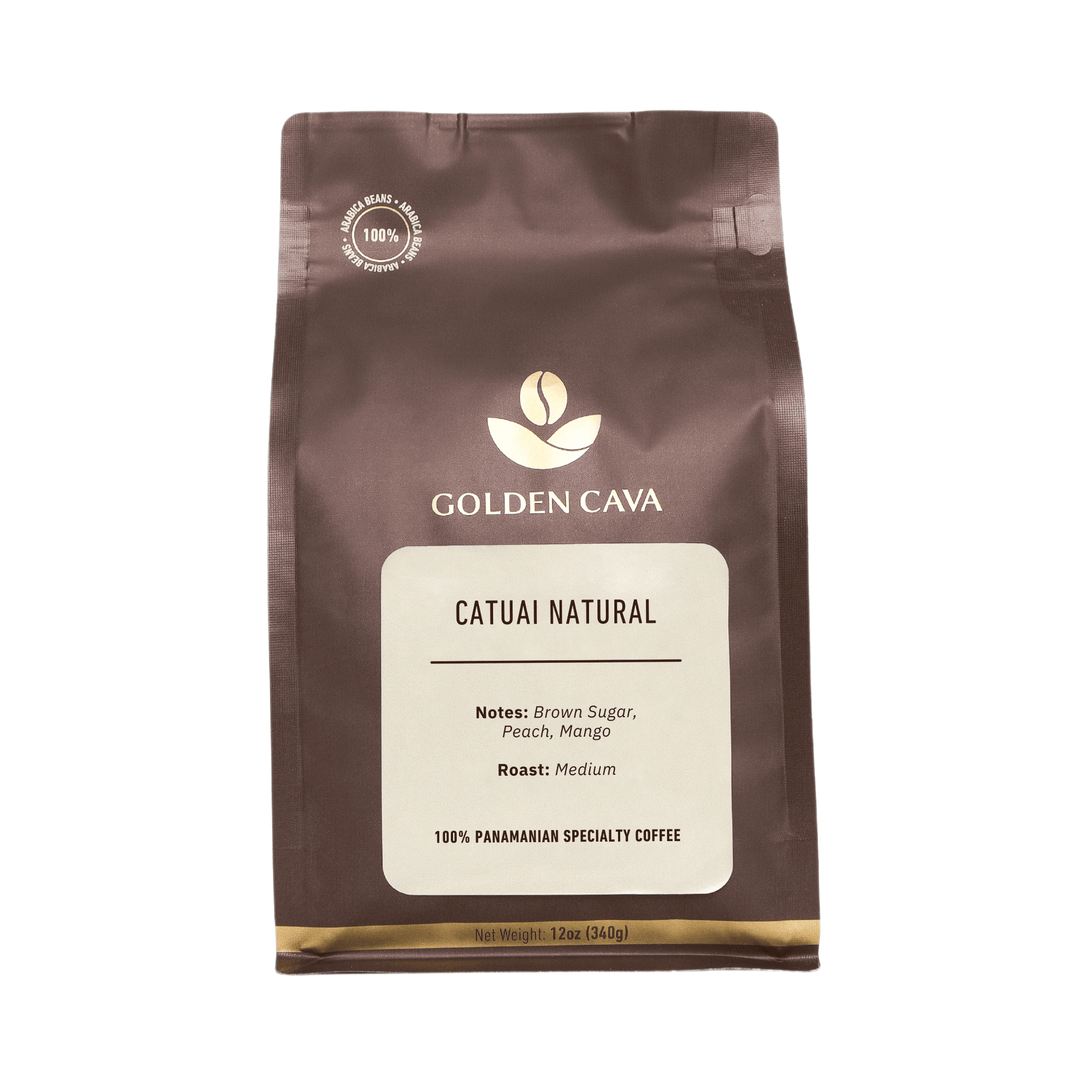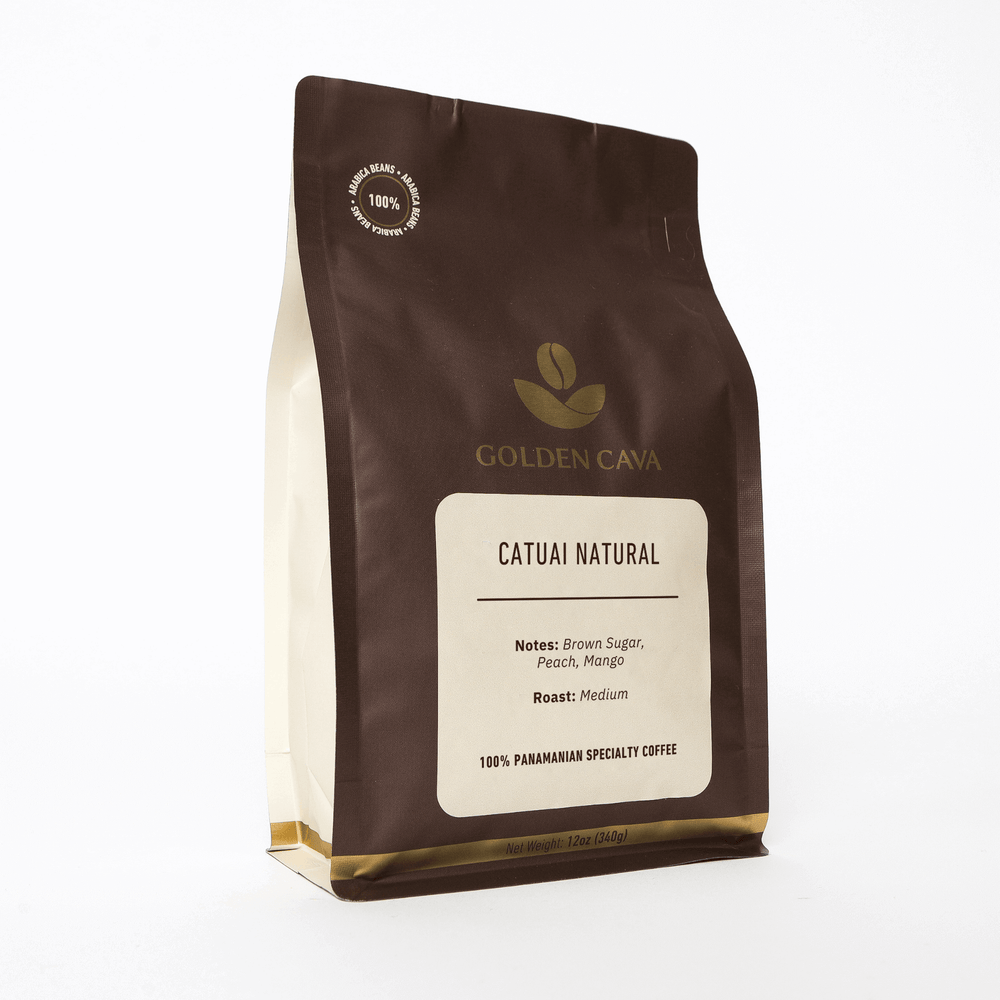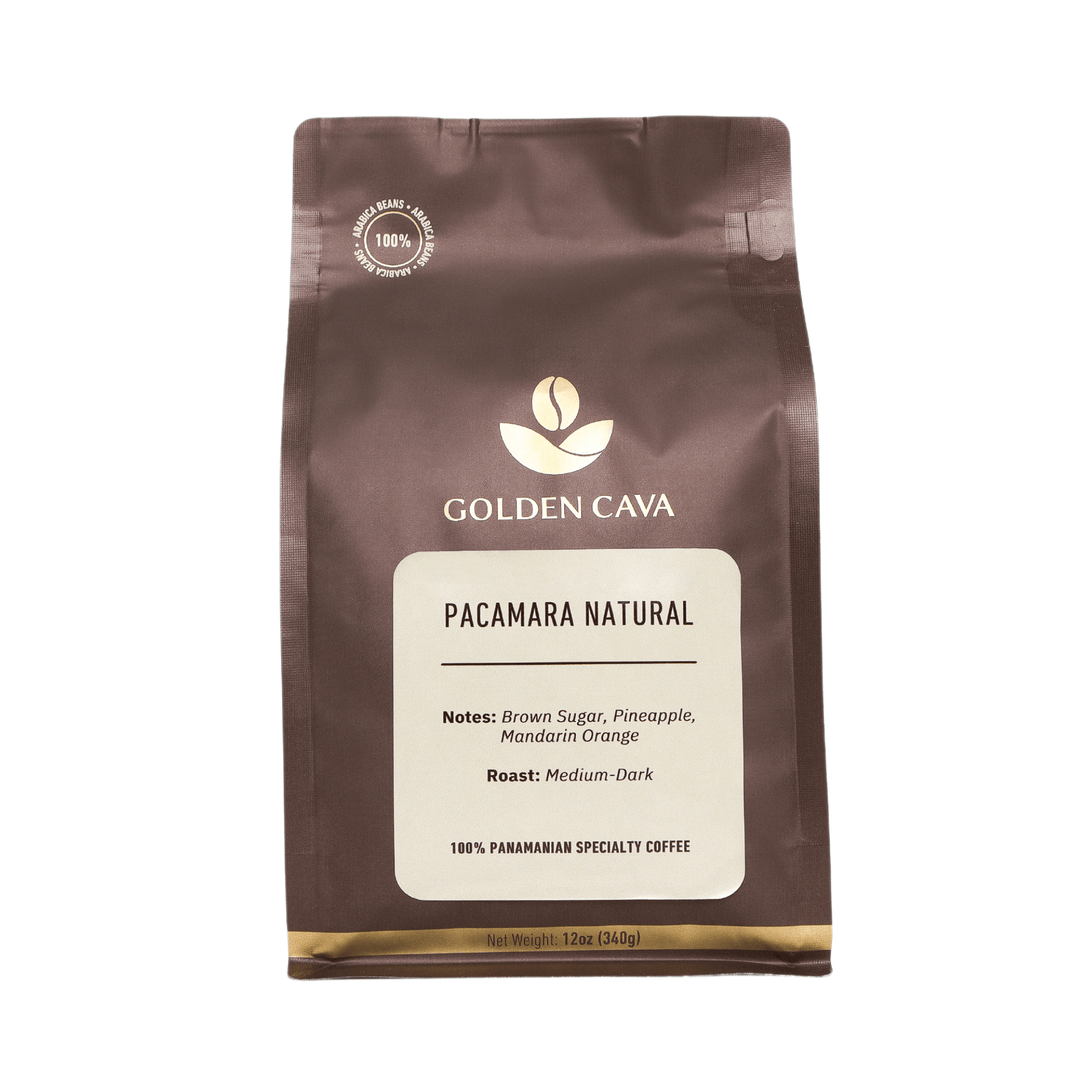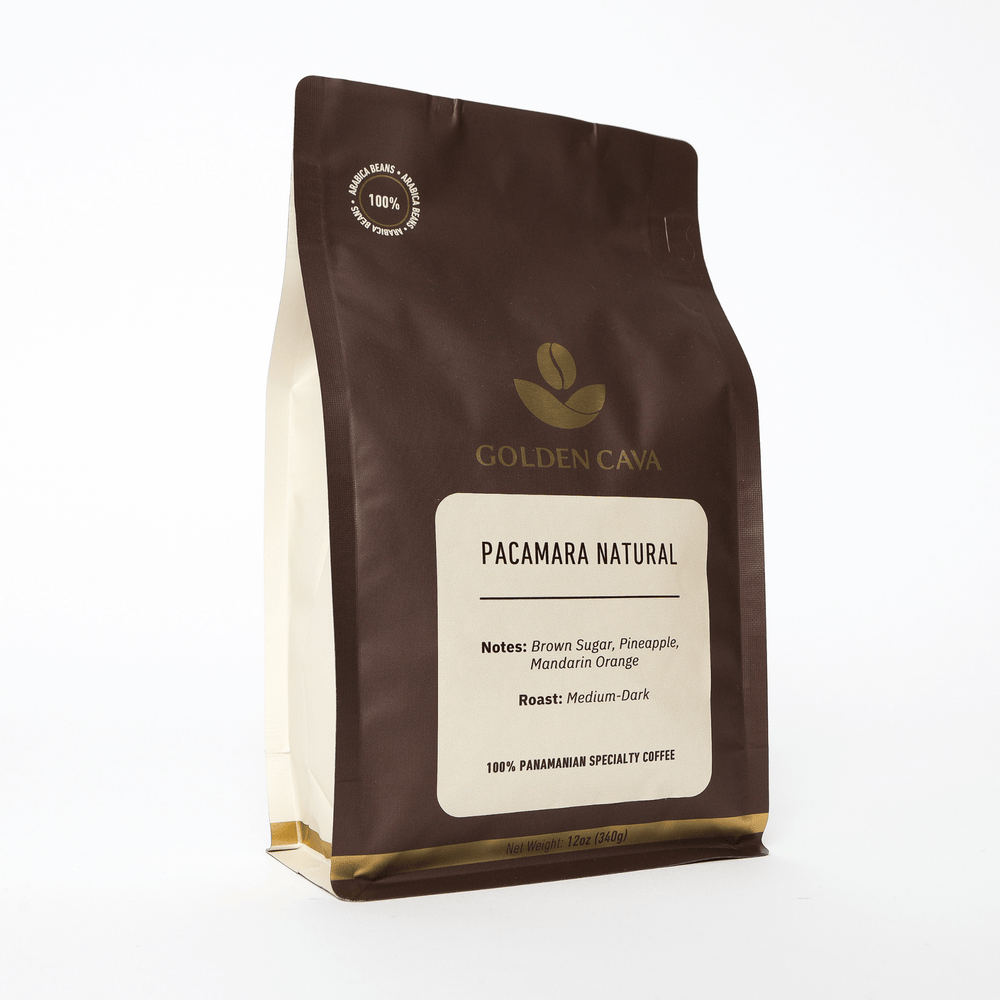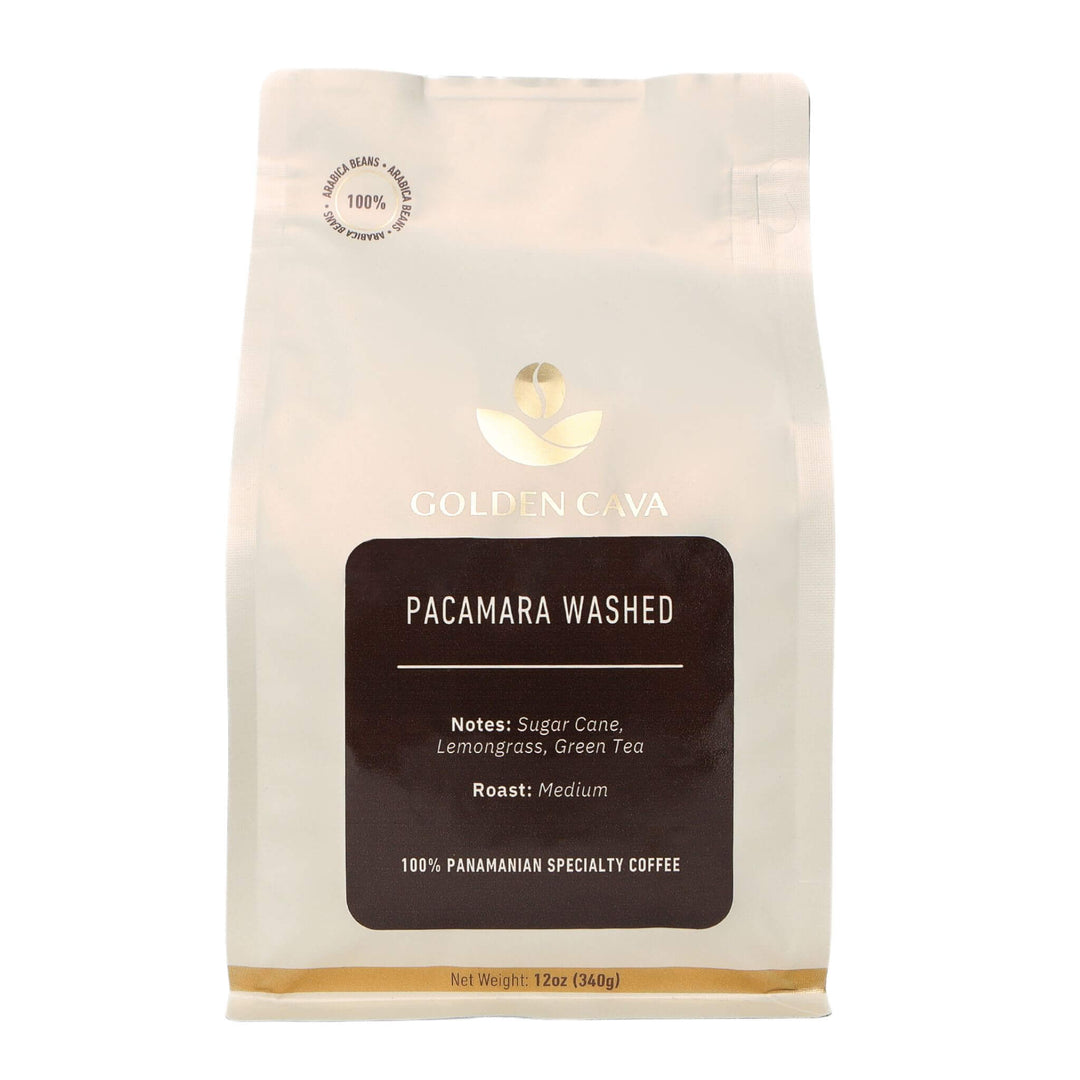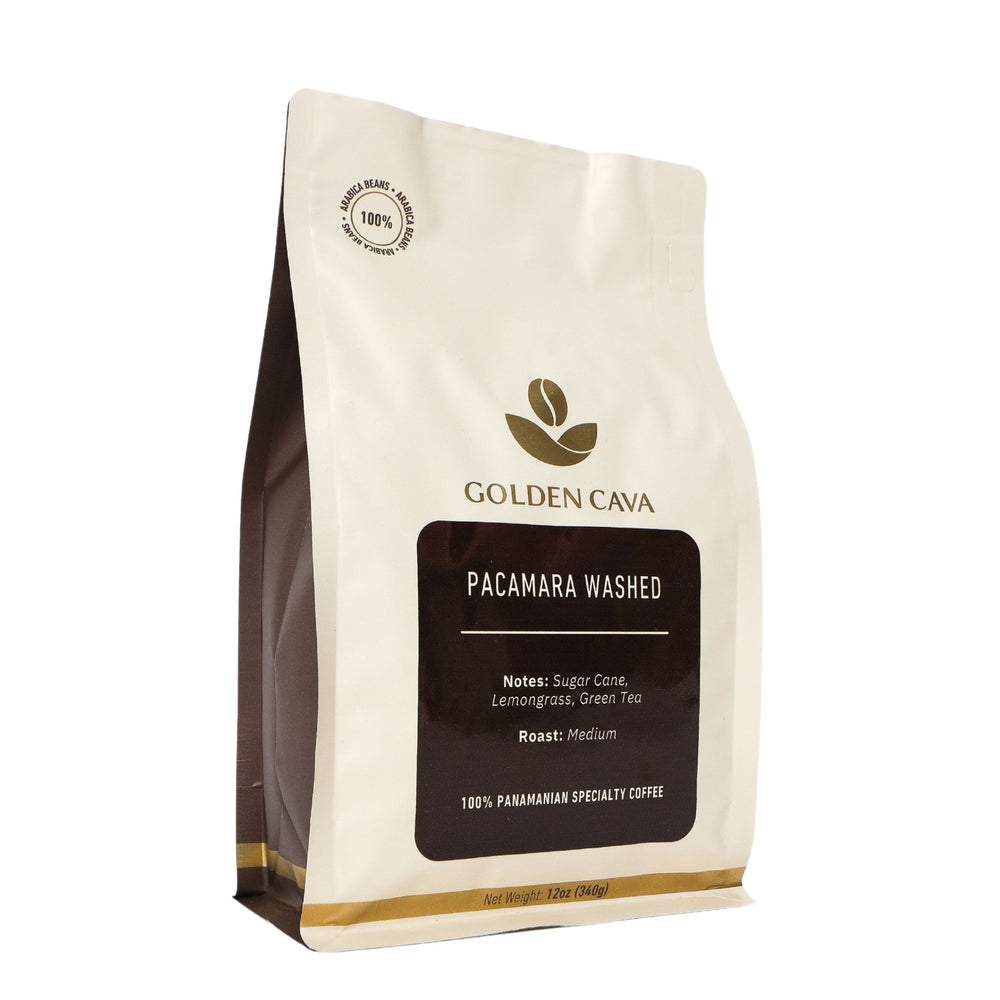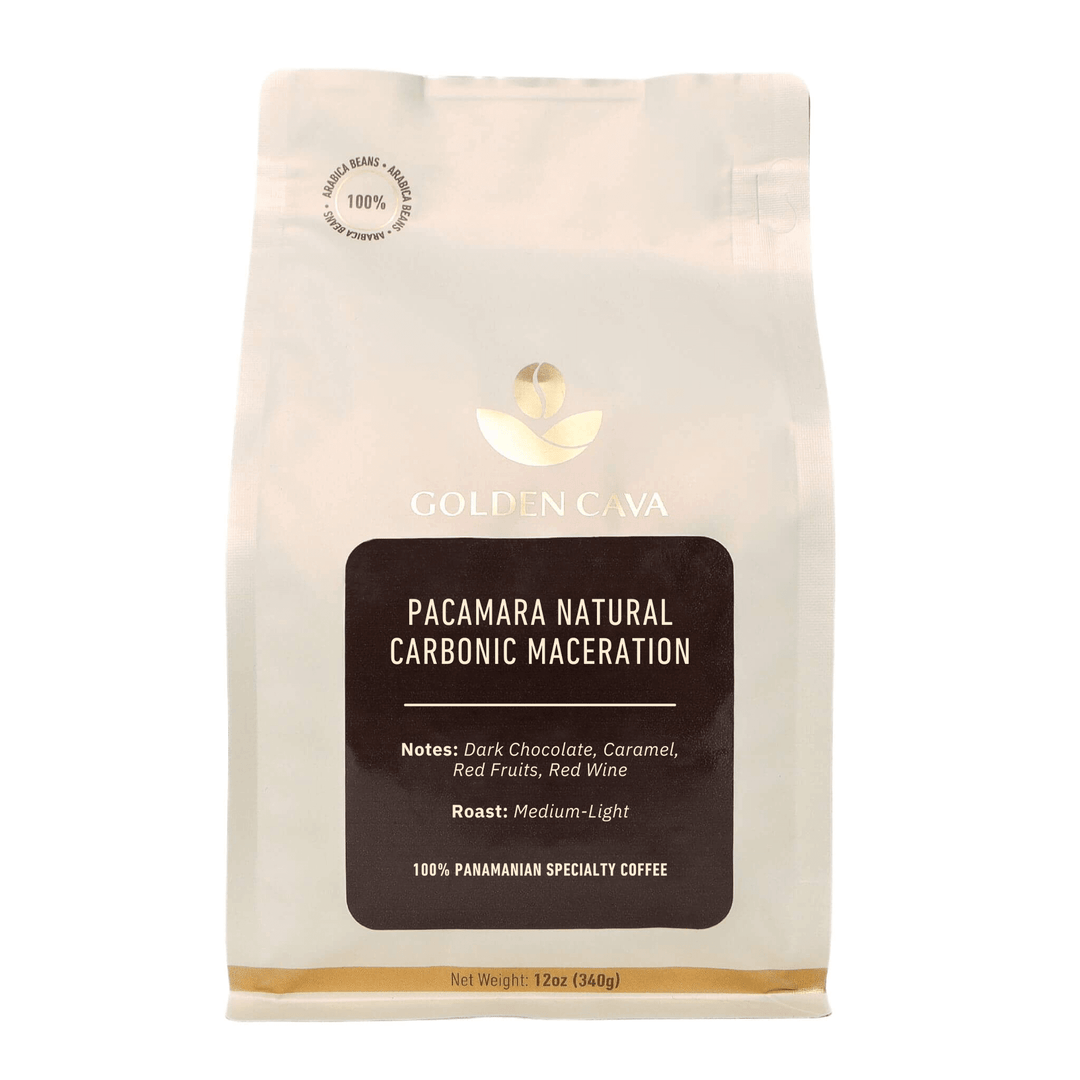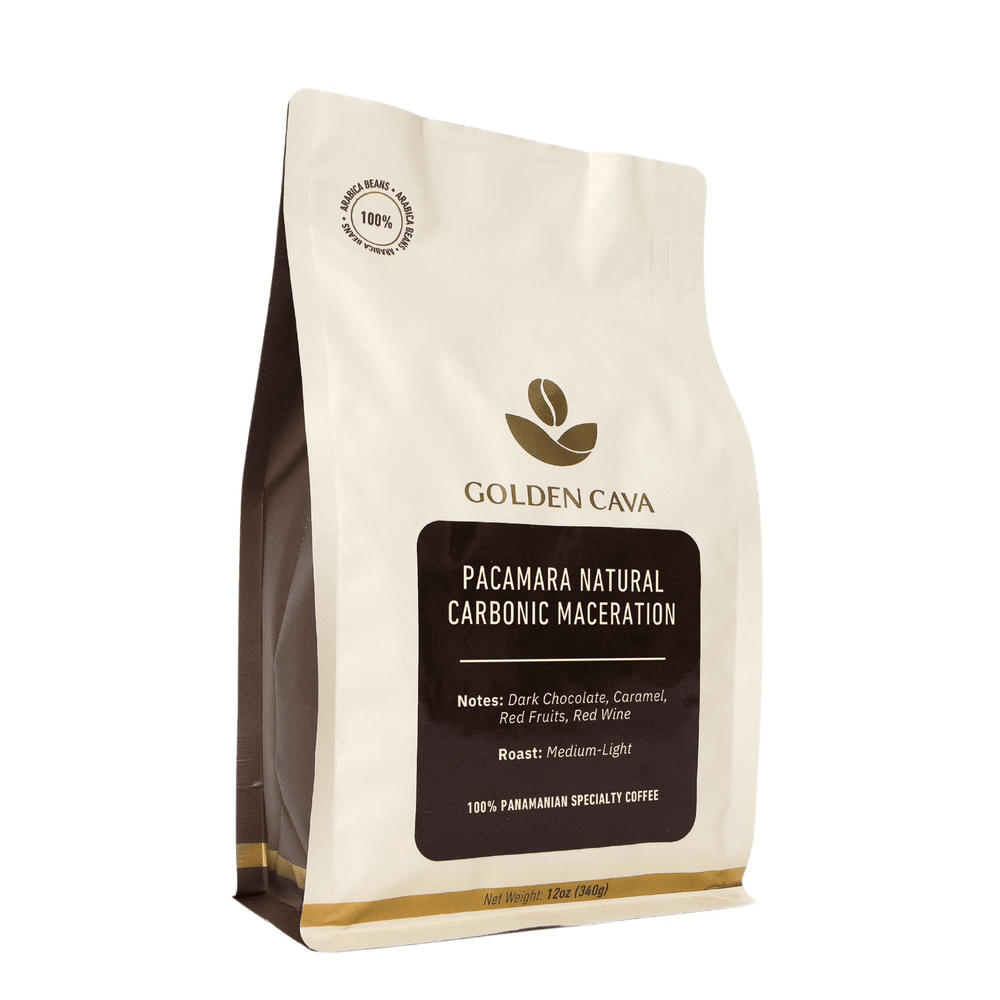Does coffee extract have caffeine? Many individuals often ponder whether coffee extract contains caffeine. Coffee extract is derived from green coffee beans and offers a unique flavor profile compared to traditional brewed coffee.
In this article, we'll examine the composition and distinctiveness of coffee extracts relative to regular coffees, as well as their caffeine content and potential benefits or risks. We'll look at whether or not these extracts contain caffeine and, if so, how much can be found in them. Additionally, we'll discuss the potential benefits of drinking coffee extract as well as its safety for consumption.
Join us on as we uncover the truth behind the intriguing question: Does coffee extract have caffeine?
Table Of Contents:
- 1. What is Coffee Extract?
- 2. Making Coffee Extract
- 3. Possible Uses For Coffee Extract
- 4. Does Coffee Extract Have Caffeine?
- 5. How Much Caffeine Is In Coffee Extract?
- 6. Are There Any Benefits To Drinking Coffee Extract?
- 7. Is Coffee Extract Safe To Drink?
- Frequently Asked Questions Does Coffee Extract Have Caffeine
- So, Is Coffee Extract For You?
1. What is Coffee Extract?
By steeping ground coffee beans in hot water and then straining the liquid to remove solids, a concentrated form of coffee known as coffee extract is produced. This process results in a highly potent, flavorful liquid that can be used as an ingredient in various recipes or consumed on its own for a quick caffeine boost.
In this section, we will explore how coffee extract is made, its uses, and why it might be worth considering for your next cup of joe.
2. Making Coffee Extract
To make coffee extract at home, you'll need freshly roasted coffee beans, clean water, and some patience. The basic steps are:
- Grind your chosen coffee beans to a medium-fine consistency.
- In a large jar or container with an air-tight lid, combine one part ground coffee with four parts hot (not boiling) water.
- Stir well to ensure all grounds are fully saturated before sealing the container.
- Allow the mixture to steep at room temperature for anywhere from 12-24 hours (the longer it steeps, the stronger and more concentrated the flavor).
- Once finished steeping, strain out the solids using cheesecloth or fine mesh sieve into another clean container.
Your homemade coffee extract can now be stored in an air-tight container for up to two weeks.
3. Possible Uses For Coffee Extract
The versatility of this rich concentrate makes it ideal for use across numerous applications:
- Add it directly into your favorite baked goods recipe like cookies or cakes as a natural flavor enhancer.
- Use it as a base for making cold brew coffee, by diluting the extract with cold water to your desired strength.
- Create delicious coffee-flavored cocktails or mocktails, such as espresso martinis or iced lattes.
- Mix into homemade ice cream, gelato, or sorbet recipes for an extra kick of flavor and caffeine.
With its intense flavor profile and concentrated caffeine content, coffee extract offers a unique alternative to traditional brewing methods. Coffee extract is an ideal option for a more efficient way to get your daily caffeine fix.
Coffee extract is a strong form of coffee that has been brewed and then condensed to produce an intense taste. It can be used in baking, cooking, or as a flavoring for other drinks.

4. Does Coffee Extract Have Caffeine?
Yes, the coffee extract does include caffeine as it is made from beans, which have a natural abundance of the stimulant. Many individuals opt for coffee extract as a way to gain the advantages of caffeine without consuming an entire cup of brewed java.
The amount of caffeine present in a serving of coffee extract can vary depending on factors such as the type and quality of beans used, extraction method, and concentration.
Caffeine Content Comparison
To better understand how much caffeine you might be consuming when using coffee extract compared to other forms of caffeinated beverages or products, let's take a look at some common sources:
- Brewed Coffee: A typical 8-ounce (240ml) cup contains about 95 mg of caffeine.
- Espresso Shot: A single shot (1 ounce/30ml) has approximately 63 mg of caffeine.
- Coffee Extract: As mentioned earlier, one teaspoon usually ranges between 30-50 mg per teaspoon.
Natural vs Synthetic Caffeine
Comparing natural and synthetic sources is essential in understanding the effects of these substances on our bodies, as natural ones like coffee extracts, tea leaves or cocoa beans tend to provide more balanced energy levels due to their additional compounds, while synthetics may result in abrupt spikes followed by crashes.
Natural sources like those found in coffee extracts, tea leaves or cocoa beans tend to provide more balanced energy levels due to their additional compounds, such as antioxidants and polyphenols that work synergistically with caffeine.
On the other hand, synthetic versions, commonly found in energy drinks and supplements, may cause more abrupt energy spikes followed by crashes.
Choosing the Right Coffee Extract
When selecting a coffee extract, it's important to select one of high-quality that is made from specialty-grade beans and ideally organic and fair trade certified. Look for extracts made from specialty-grade coffee beans grown and processed under strict quality standards.
Additionally, consider opting for organic and fair-trade certified products that promote sustainability and ethical practices in the industry.
Yes, coffee extract does contain caffeine. The quantity of caffeine in a single portion can differ, contingent upon the method of extraction and preparation. Thus, it is essential to be aware of the exact caffeine content in a given cup of coffee extract prior to consumption.

5. How Much Caffeine Is In Coffee Extract?
Coffee extract is a popular choice for those looking to enjoy the taste and benefits of coffee without having to brew an entire pot. The amount of caffeine in coffee extract can differ depending upon different components, for example, the kind of bean utilized and to what extent it was steeped.
Generally, you can expect to find anywhere from 30-50mg of caffeine per teaspoon.
A. Factors Affecting Caffeine Content
- Type of Bean: Different types of coffee beans contain varying amounts of caffeine. For example, Robusta beans typically have higher levels than Arabica beans due to their natural composition (source). This means that extracts made from Robusta will likely contain more caffeine than those made with Arabica.
- Steeping Time: The longer the ground coffee is steeped in hot water during extraction, the more caffeine will be present in the final product. Therefore, if you prefer a stronger cup with more kick, consider using an extract that has been steeped for a longer period.
-
Ratios & Concentration: Some manufacturers produce highly concentrated extracts which pack more punch per serving compared to others that may be less potent or diluted with other ingredients (such as sugar). Always check labels carefully before purchasing any new products.
B. Comparing Caffeine Levels To Other Beverages
To put things into perspective when comparing different sources of caffeine intake - here's how much you might find in some common beverages (source):
- 8 oz brewed coffee: 95-200mg caffeine
- 1 oz espresso shot: 63mg caffeine
- 8 oz black tea: 25-48mg caffeine
- 12 oz can of cola: 30-40mg caffeine
In comparison, a teaspoon of coffee extract containing around 30-50 mg of caffeine is similar to the amount found in a can of cola or cup of black tea. However, it's important to remember that individual tolerances and preferences may vary.
C. Monitoring Your Caffeine Intake With Coffee Extracts
For those looking for an alternative way to enjoy the flavor of coffee without overconsuming caffeine, using coffee extracts may be a great option. By keeping track of how many teaspoons you consume per day and considering factors like bean type and steeping time, you'll be able to find just the right balance between flavor intensity and energy boost.
Bear in mind that moderation is key when it comes to consuming any caffeinated products - including those made with coffee extracts. The FDA recommends limiting daily intake for healthy adults at no more than 400 mg (source). So always pay attention to serving sizes and adjust accordingly based on your personal needs.
The amount of caffeine present in coffee extract can vary widely, ranging from 0 to 120 milligrams per teaspoon. Next, let's take a look at whether imbibing coffee extract can offer any advantages.

6. Are There Any Benefits To Drinking Coffee Extract?
Drinking coffee extract can provide a number of health benefits, making it an attractive option for those who love their daily cup of joe. A few potential gains of consuming coffee extract may be an invigoration in energy, sharper concentration, and focus, as well as a decrease in the danger of particular illnesses such as diabetes and cardiovascular disease.
Increase in Energy Levels
Coffee extract contains caffeine which is known to boost energy levels by stimulating the central nervous system. Consuming caffeine can help to sharpen focus and concentration, as well as increase energy levels. Studies have shown that moderate caffeine consumption can improve physical performance by increasing adrenaline levels in your body.
Improved Focus and Concentration
Consuming caffeinated beverages like coffee or tea have been demonstrated to not only improve reaction time, memory recall, and overall mental performance but also extend attention span during demanding tasks. A study published in Psychopharmacology revealed that consuming caffeinated beverages like coffee or tea could help increase attention span during demanding tasks.
Disease Prevention
- Type 2 Diabetes: Research suggests that regular consumption of coffee may lower the risk of developing type 2 diabetes due to its antioxidant properties which help regulate blood sugar levels. A meta-analysis conducted on multiple studies showed a significant inverse relationship between coffee intake and type 2 diabetes risk.
- Parkinson's Disease: According to a study published in JAMA Neurology journal, higher caffeine intake has been associated with a reduced risk of Parkinson's disease. Caffeine may provide neuroprotective benefits that could impede the advancement of this degenerative condition.
- Heart Disease: Moderate coffee consumption has been linked to a lower risk of heart disease, as it can improve blood vessel function and reduce inflammation. A study published found that people who drank three to five cups of coffee per day had a lower risk of cardiovascular diseases.
It is important to note that while there are numerous benefits associated with drinking coffee extract, moderation is key for reaping these advantages without experiencing potential side effects from excessive caffeine intake.
Though research is ongoing, evidence suggests that coffee extract may have some beneficial effects on health. Yet, prior to taking in any kind of coffee extract, one must ascertain its safety and be mindful of the potential risks involved.

7. Is Coffee Extract Safe To Drink?
Yes, when consumed in moderation, coffee extract is generally considered safe to drink. However, it is important to note that excessive caffeine intake can cause various side effects such as headaches, insomnia, and anxiety.
This section will discuss the safety of drinking coffee extract and how you can enjoy its benefits without experiencing any adverse effects.
Potential Side Effects of Excessive Caffeine Consumption
As mentioned earlier, coffee extract contains caffeine which may cause some negative side effects if consumed excessively. Some common side effects include:
- Headaches: Overconsumption of caffeine may trigger migraines or tension-type headaches for some individuals.
- Insomnia: High levels of caffeine intake can interfere with your sleep patterns and make it difficult for you to fall asleep at night.
- Anxiety: Caffeine stimulates the central nervous system, which might increase feelings of anxiety or jitteriness in sensitive individuals.
.
Tips for Consuming Coffee Extract Safely
To avoid these potential side effects while still enjoying the benefits offered by coffee extract, consider following these tips:
- Moderation is key: The safest way to consume coffee extract is by doing so in moderation. The recommended daily limit for most adults ranges from about three teaspoons (90-150mg) per day depending on individual tolerance levels.....
- Avoid late-night consumption: If you are prone to insomnia or have trouble sleeping after consuming caffeinated beverages like regular brewed coffee try not drinking your last cup of coffee extract at least six hours before bedtime....
- Monitor your body's response: Pay attention to how your body reacts when you consume coffee extract. Reduce your intake or frequency of consumption if you experience any adverse effects.
In conclusion, drinking coffee extract can be a safe and enjoyable way to reap the benefits offered by this concentrated form of caffeine. Consuming coffee extract in a controlled manner and being aware of any potential adverse effects can provide an energizing lift without detriment to one's overall health.

Frequently Asked Questions Does Coffee Extract Have Caffeine
Is there caffeine in coffee extract?
Yes, coffee extract contains caffeine. Coffee extract is derived from the beans of Coffea plants and retains the natural compounds found in whole coffee beans, including caffeine.
How much caffeine is in coffee bean extract?
The amount of caffeine in coffee bean extract varies depending on factors such as extraction method and concentration. Typically, a serving size (around 1ml) of liquid coffee extract can contain between 20-60mg of caffeine.
Is there real coffee in coffee extract?
Coffee extracts are made using real roasted or green (unroasted) coffee beans. The process involves extracting flavors, aroma compounds, and other active ingredients from the beans to create a concentrated liquid or powder form.
What percentage of caffeine is extracted from the coffee?
In general, around 95% to 99% percent of total available caffeine content can be successfully extracted during the brewing process. However, this percentage may vary based on factors like brewing temperature and time as well as grind size and type.
So, Is Coffee Extract For You?
In conclusion, coffee extract is a concentrated form of brewed coffee that can be used to make espresso or other beverages. The caffeine content of coffee extract may vary depending on the amount of water used in extraction and if any additives were added.
In moderation, the antioxidants it contains may be beneficial; however, excessive caffeine consumption can result in adverse effects. Ultimately, understanding whether coffee extract has caffeine will help you determine if it's right for your lifestyle and preferences.
Discover the world of specialty coffee with Golden Cava and experience a better cup of caffeine-rich coffee through your senses. Join us today to unlock the potential of quality, freshness and sustainability in every sip!

